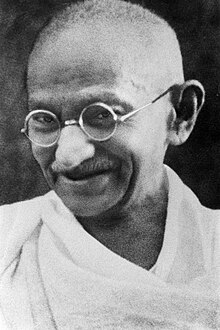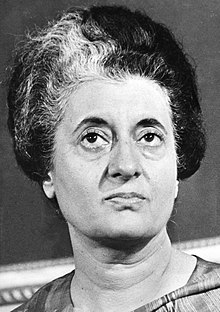Monarchy of the United Kingdom
From Wikipedia, the free encyclopedia
(Redirected from King of the United Kingdom)
This article is about the monarchy of the United Kingdom. For information on the other countries which share the same person as monarch, see Commonwealth realm. For the current monarch of the United Kingdom, see Elizabeth II.
"British sovereign" redirects here. For the coin, see Sovereign (British coin).
| Queen of the United Kingdom | |
|---|---|

| |
| Incumbent | |
 | |
| Elizabeth II since 6 February 1952 | |
| Details | |
| Style | Her Majesty |
| Heir apparent | Charles, Prince of Wales |
| Residence | List |
| Website | https://www.royal.uk/ |
 |
| This article is part of a series on the politics and government of the United Kingdom |
| United Kingdom portal |
The monarchy of the United Kingdom, commonly referred to as the British monarchy, is the constitutional monarchy of the United Kingdom and itsoverseas territories. The monarch's title is "King" (male) or "Queen" (female). The current monarch and head of state, Queen Elizabeth II, ascended the throne on the death of her father, King George VI, on 6 February 1952.
The monarch and his or her immediate family undertake various official, ceremonial, diplomatic and representational duties. As the monarchy is constitutional, the monarch is limited to non-partisan functions such as bestowing honours and appointing the Prime Minister. The monarch is, by tradition, commander-in-chief of the British Armed Forces. Though the ultimate formal executive authority over the government of the United Kingdom is still by and through the monarch's royal prerogative, these powers may only be used according to laws enacted in Parliament and, in practice, within the constraints of convention and precedent.
The British monarchy traces its origins from the petty kingdoms of early medieval Scotland and Anglo-Saxon England, which consolidated into the kingdoms of England and Scotland by the 10th century AD. In 1066, the last crowned Anglo-Saxon monarch, Harold II, was defeated and killed during theNorman conquest of England and the English monarchy passed to the Normans' victorious leader, William the Conqueror, and his descendants.
In the 13th century, Wales, as a principality, became a client state of the English kingdom, while Magna Carta began a process of reducing the English monarch's political powers.
From 1603, when the Scottish monarch King James VI inherited the English throne as James I, both the English and Scottish kingdoms were ruled by a single sovereign. From 1649 to 1660, the tradition of monarchy was broken by the republican Commonwealth of England, which followed the War of the Three Kingdoms. The Act of Settlement 1701, which is still in force, excludedRoman Catholics, or those who marry Catholics, from succession to the English throne. In 1707, the kingdoms of England and Scotland were merged to create the Kingdom of Great Britain, and in 1801, the Kingdom of Irelandjoined to create the United Kingdom of Great Britain and Ireland. The British monarch became nominal head of the vast British Empire, which covered a quarter of the world's surface at its greatest extent in 1921.
In the 1920s, five-sixths of Ireland seceded from the Union as the Irish Free State, and the Balfour





